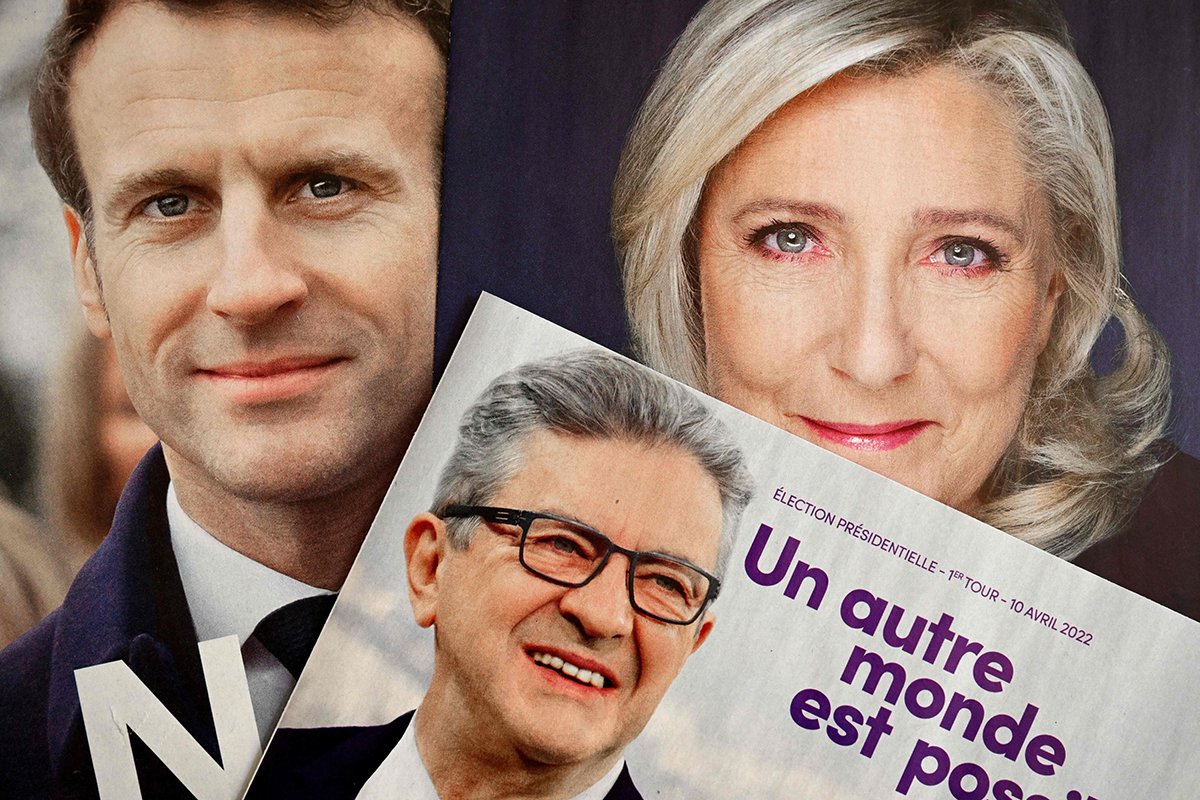Voting in the first round of the presidential election in France is set to take place on Sunday amid fears of voter absenteeism and boycott. Voting will take place in the second round of elections on April 24. Political analysts believe that right-wing leader Marin La Penne will have a tough fight with President Emanuel Macho for a second term.
On the eve of the election, all political activities were declared closed. The war in Ukraine has taken a big place in this election campaign. However, the main issue for voters is the rising cost of living, the BBC reported.
According to opinion polls conducted by various international organizations, Makho is slightly ahead of La Pen in the first round.
But analysts say the uncertainty surrounding the vote will have a major impact on the outcome of the election. Many election observers fear that a record number of voters could boycott this time. Their idea is that one-fourth of the voters will abstain from voting.
Leftist candidate Jean-Luc Meles is third in the race. He is fighting from the far-left political party France Unbound. This leftist leader can also show surprise. The idea is that the match could surpass La Pen and Makhon.
Meleshan’s opponents, however, accuse him of being an extremist for dividing society. During the election campaign, La Pen has managed to allay voters’ concerns about rising commodity prices. At the time, he was promoting himself as a moderate.
Makho, on the other hand, has campaigned relatively less. Makho says the war in Ukraine has prevented him from campaigning the way he wanted to. Much later he started campaigning.
Analysts predict that Makho and La Pen will have a much tougher fight than in 2016 if they reach the second round of elections, according to the survey. In that election, Makhon defeated his rival by getting 6 percent votes.
According to the BBC, if a candidate does not get more than 50 percent of the vote in the first round, the two candidates who get the most votes will go to the next round.
French political analyst Pascal Perineu has commented that there is uncertainty in the first round of voting. According to him, a large section of voters are still suffering from indecision. Many have changed their minds during the election campaign. At the same time, absent voters will also influence the first round of voting.
Analysts fear that the first-round voter turnout rate of 26.4 percent in 2002 and the absenteeism rate of 2016 (around 22.2 percent) may be surpassed this time.
Frederick Dabi, director of the IFP Polling Institute, told AFP: “We have had a strange campaign experience this time. It was completely different from the experience of the last presidential election.
























